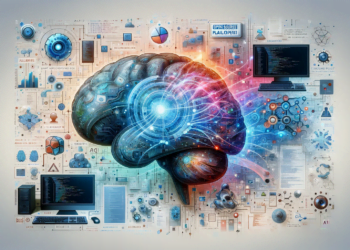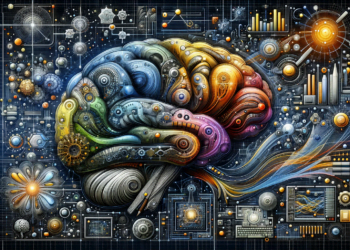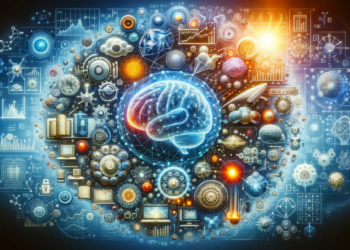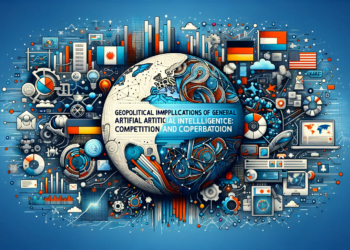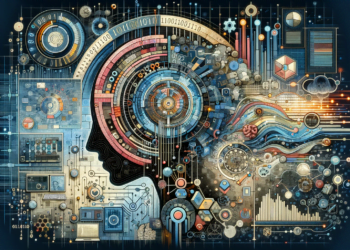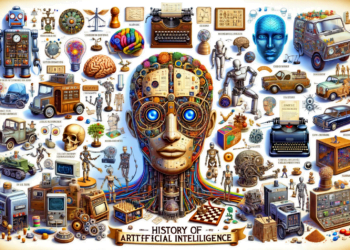General Artificial Intelligence (AGI) represents a developmental horizon where machines acquire the capability to perform any intellectual task that a human can undertake. In this paradigm, continuous learning and adaptability are essential. The progress of AGI is glimpsed through two articulated concepts: knowledge transfer and multitask learning. These concepts propel the creation of systems that not only learn one task at a time but also generalize and effectively transfer their learning between domains.
Knowledge Transfer in AGI
Knowledge transfer refers to an AI’s ability to apply knowledge gained from one task to improve learning in another. Models such as BERT (Bidirectional Encoder Representations from Transformers) and GPT (Generative Pre-trained Transformer) have demonstrated the efficacy of knowledge transfer in natural language processing, through their ability to adapt a pre-trained model to specific tasks with just a fraction of the original dataset.
Advanced Methodologies:
- Heterogeneous Reinforcement Learning: Integrating reinforcement learning techniques with knowledge transfer, the aim is to develop agents that optimize their behavior in diverse environments, capitalizing on the similarities between different tasks.
- Siamese Convolutional Networks: Employed in computer vision to identify similarities between different images, these networks allow the transfer of learned features from one dataset to another, enhancing efficiency in pattern recognition.
- Meta-Learning Based Approaches: Meta-learning alleviates the need to design systems that learn how to learn. Algorithms such as MAML (Model-Agnostic Meta-Learning) have yielded promising results on this path toward AGI.
Multitask Learning
Multitask learning leads to the parallelization of learning, where multiple tasks are learned simultaneously, sharing underlying representations and parameters. This not only increases efficiency but, more critically, promotes generalization and the formation of more robust and encompassing representations.
Evolution of the Paradigm:
- Attention Models and Transformers: They are fundamental pillars in multitask learning. Transformers’ ability to handle variable input sequences grants them a flexibility that benefits concurrent processes.
- Regularization Strategies: To prevent overfitting in multitask learning, regularization techniques such as dropout and batch normalization are essential to maintain balanced and generic models.
- Common Embedding Spaces: Aims to map information from multiple tasks into a shared space, thus benefiting cross-learning efficiency and knowledge generalization.
Case Studies and Emerging Applications
For example, in medical image recognition, the relevance of knowledge transfer is observed, where neural networks previously trained on large general datasets can quickly adapt to diagnose rare diseases with a minimal number of specialized images. On the other hand, in multitask learning, recommendation systems use information on purchasing and browsing behavior to personalize content, learning a variety of user preferences simultaneously.
Challenges and Future Directions
The heterogeneity of domains and tasks raises questions about the construction of AGI architectures capable of effective knowledge transfer and multitask learning without human intervention. In response, the exploration of more flexible neural networks and the search for a balance between specialization and generalization are paramount. Furthermore, ethics in the application of AGI remains an area of ongoing reflection, where algorithms must incorporate principles of fairness and equity.
Conclusion
Knowledge transfer and multitask learning are critical foundations in the march toward general artificial intelligence, providing the necessary structure for the development of truly adaptable and flexible intelligent systems. As research progresses, the horizon of a fully functional AGI draws closer, bringing with it an endless array of applications and ethical and technical challenges that will require meticulous attention. The inevitable convergence of these methodologies indicates an exciting and promising future in the field of artificial intelligence.


